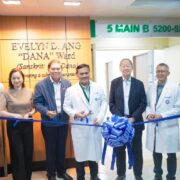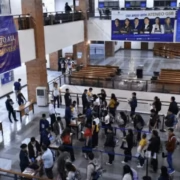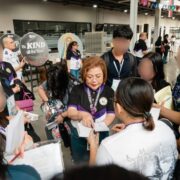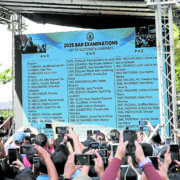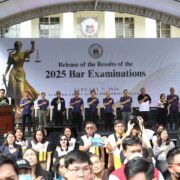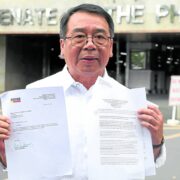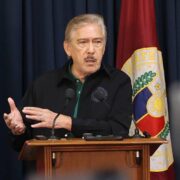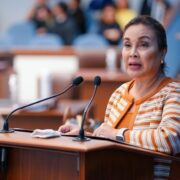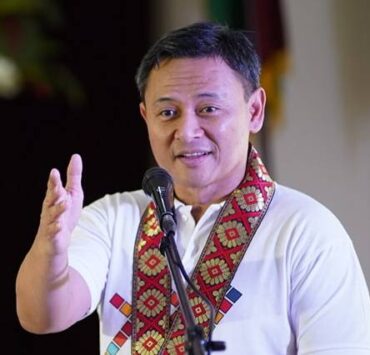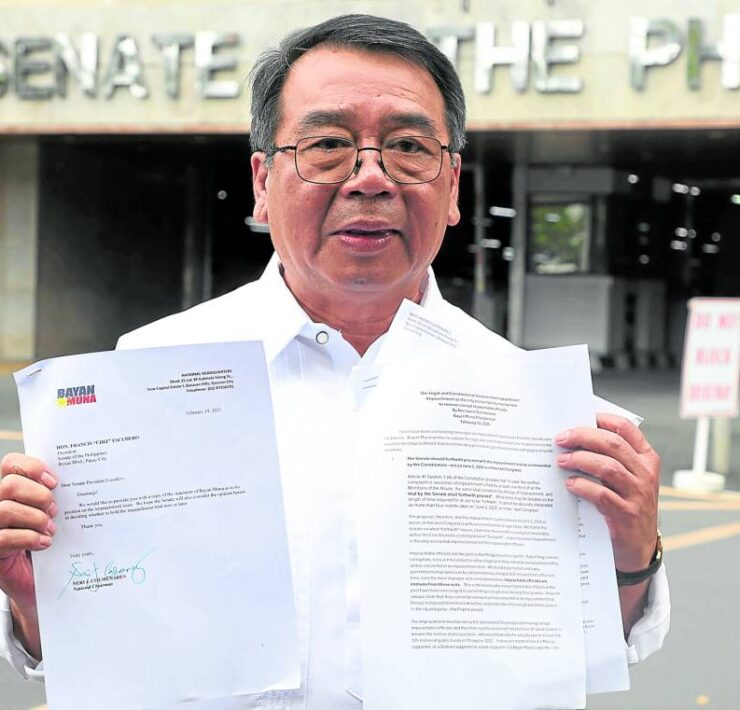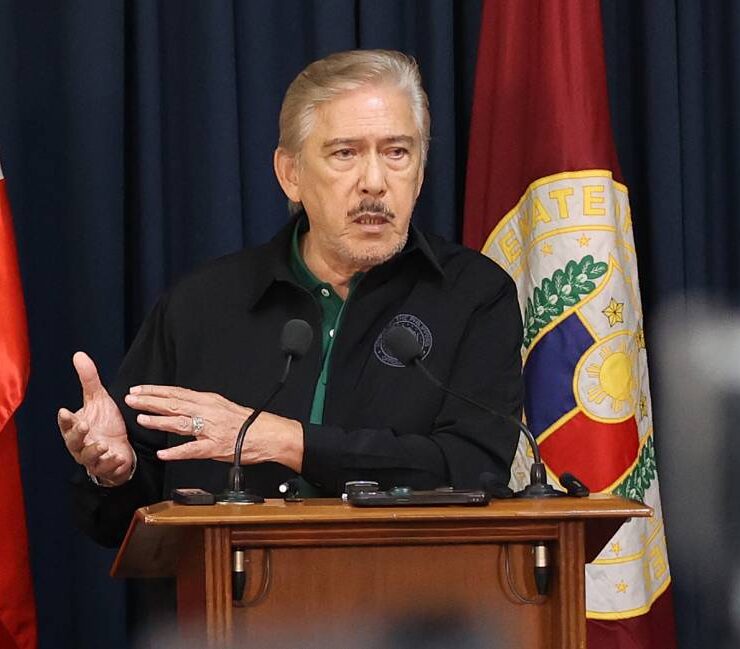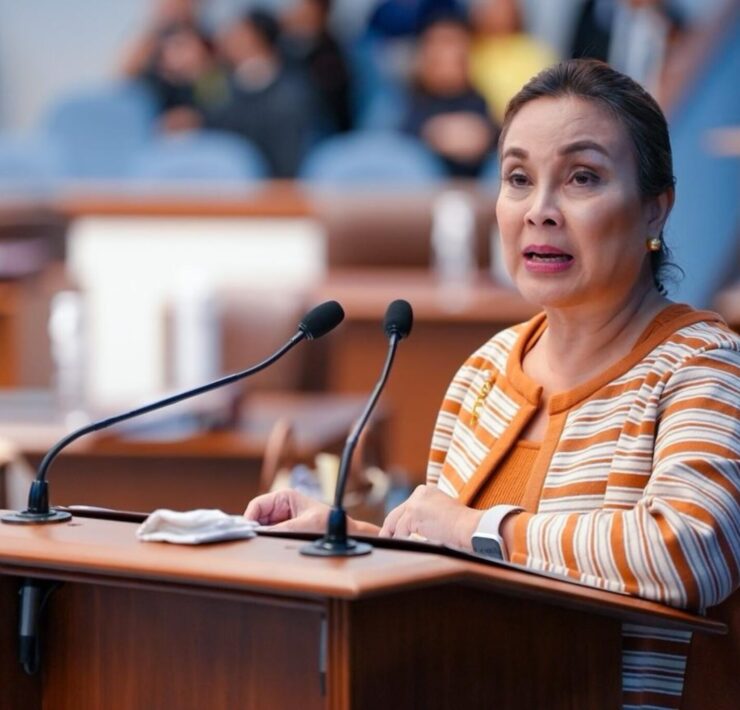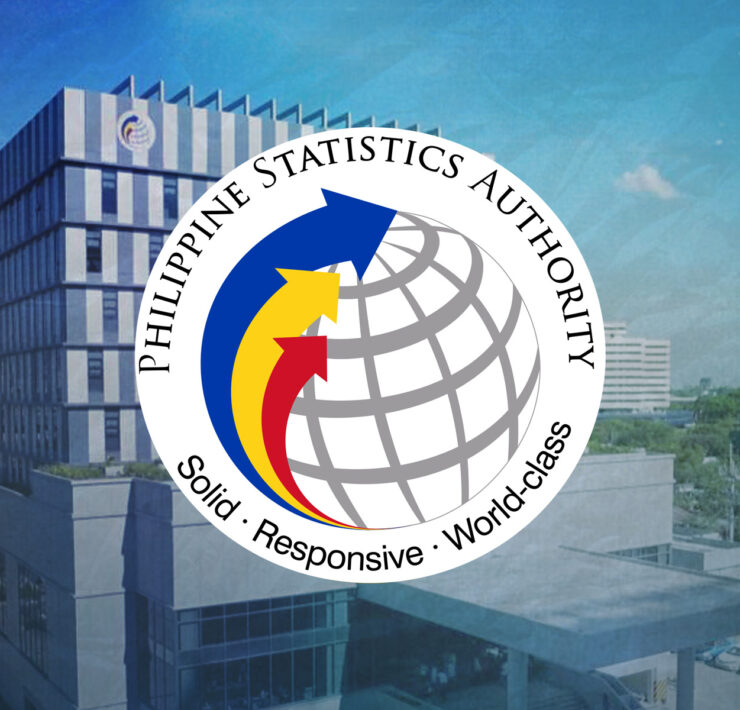Light comes to Rapu-Rapu
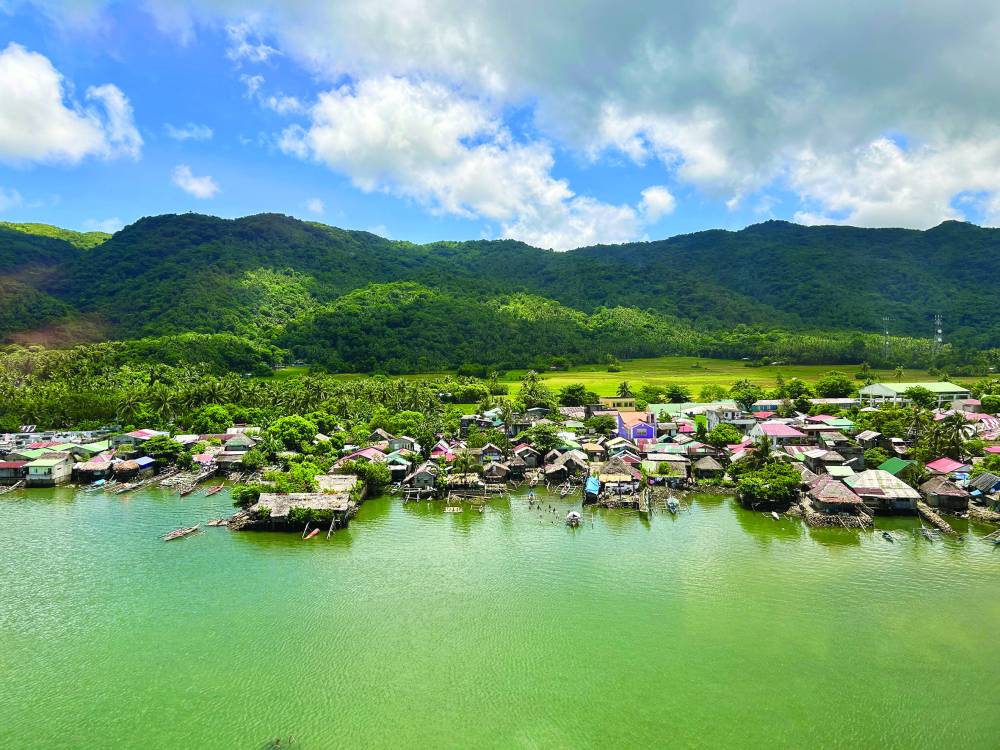
RAPU-RAPU, ALBAY—For residents of this town in Albay, particularly those on its remote island barangays, life without electricity has been a constant struggle. Relying on costly kerosene lamps and diesel-powered generator sets, they endured short-term, expensive solutions that failed to provide the comfort and stability of electricity supply.
But everything changed on May 22, when solar home system units (called Photovoltaic Mainstreaming/Solar Home Systems or PVM/SHS) were installed in 257 households—transforming the island and giving its people a future filled with light, hope and new possibilities.
The solar electrification project is the result of a collaboration between the national government, Ako Bicol party list, the National Electrification Administration (Nea) and the Albay Electric Cooperative (Aleco).
It stemmed from a proposal by Ako Bicol Rep. Elizaldy Co to Speaker Martin Romualdez during his tenure as chair of the House committee on appropriations. With President Marcos’ approval, the program is now helping remote communities across the country gain access to electricity.
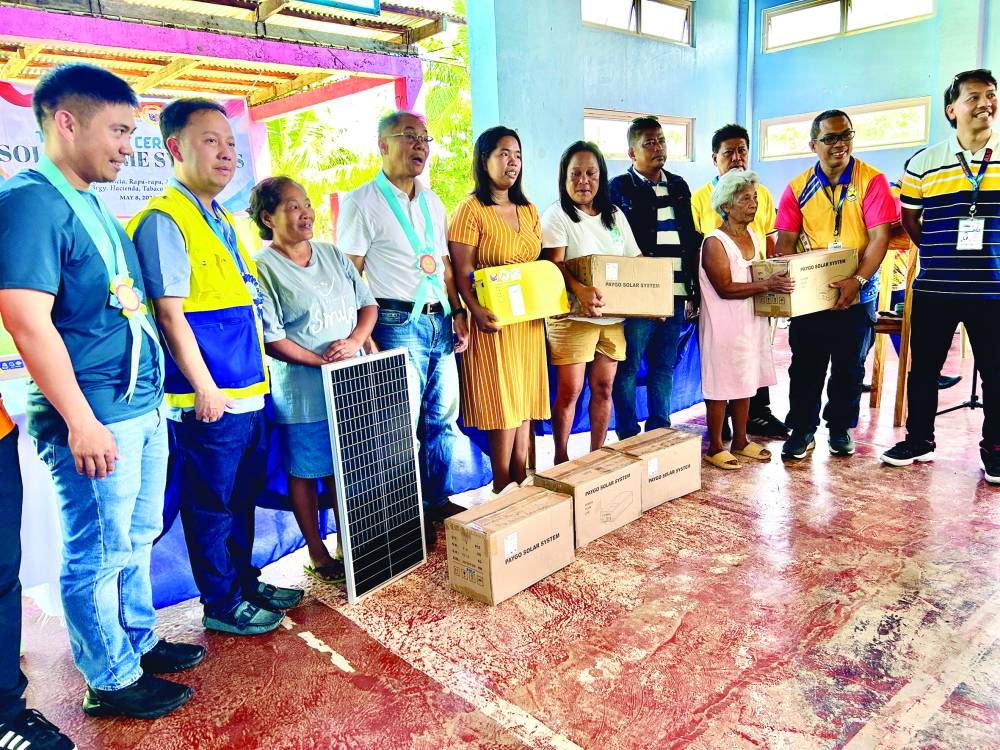
“The government has truly changed our lives. It feels like we’ve been given a second chance. Before, we burned kerosene lamps at night, but the light was never enough. Now, we have real light. We have hope,” said Loreta Bola, 80, one of the 257 beneficiaries.
For Emy Rose Berba, 30, an online teacher, the arrival of electricity marks the end of long hours spent traveling in search of a well-lit place to work. Before the solar units arrived, Emy had to travel to Tabaco City via outrigger banca—a trip of over three hours—just to find a place where she could teach her students.
“I used to travel all day to find a well-lit place to work,” she recalled, a mix of exhaustion and relief in her voice. “I would leave early in the morning and get home late at night. I missed out on time with my family and spent so much money. Now, I can stay home and work whenever I need to. I can teach my Korean students from the comfort of my own space.”
She added that the solar unit had not only made her work easier but had also brought joy to her family. “My cousins and nephews can now study at night. This gift from the government is truly life-changing,” she said.
Frustration
For Ruel Fredo Casabuena, 71, living without electricity has been a lifelong frustration. “I’ve waited for this day all my life. Since I was a child until now as a senior citizen, we lived in darkness,” he said. “We had to use kerosene lamps that are expensive and barely gave enough light.”
Before receiving the solar unit, Ruel spent P30 every three days just to keep his home lit. “It felt like we were paying for darkness. Now, I don’t have to worry. We have light all the time,” he said.
Rey Barrameda, 46, barangay captain of Galicia, said the solar units represented more than just electricity—these symbolized freedom.
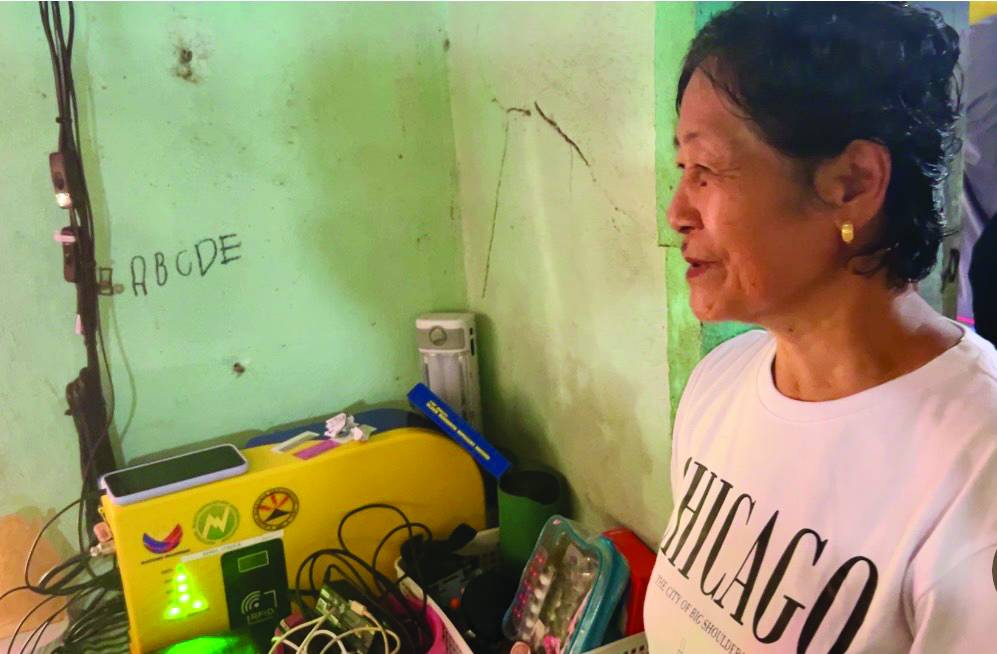
“Before, we relied on generator sets that ran for only a few hours each day. We paid P15 per bulb daily, plus additional charges for electric fans and television sets, but it was never enough. Now, we have power whenever we need it,” Barrameda said with a broad smile.
“Most of our residents couldn’t afford to buy solar units on their own. Now, we’re no longer stuck in the dark,” he added.
The success of the solar program didn’t end in Rapu-Rapu. During the same turnover ceremony, 50 households at Sitio Dinagsaan, Hacienda on San Miguel Island in Tabaco City also received solar units— extending the benefits of clean, renewable energy to even more remote areas.
“Out of the 12,000 units, 1,000 are allocated for Albay. We are committed to reaching and bringing electricity to the most isolated communities in the Philippines,” Co said.
“This is about breaking the cycle of poverty and darkness. It’s about empowering people to live better lives,” he added.
New beginning
The PVM/SHS is designed to be simple, sustainable and affordable. Each unit includes solar panels, four bulbs, charging ports for mobile phones, a rechargeable portable transistor radio, an inverter and battery storage (12 volts)—providing families with a constant supply of energy day and night.
Installation and delivery are free. Families are only required to pay a minimal maintenance fee of P7 per day or P200 per month.
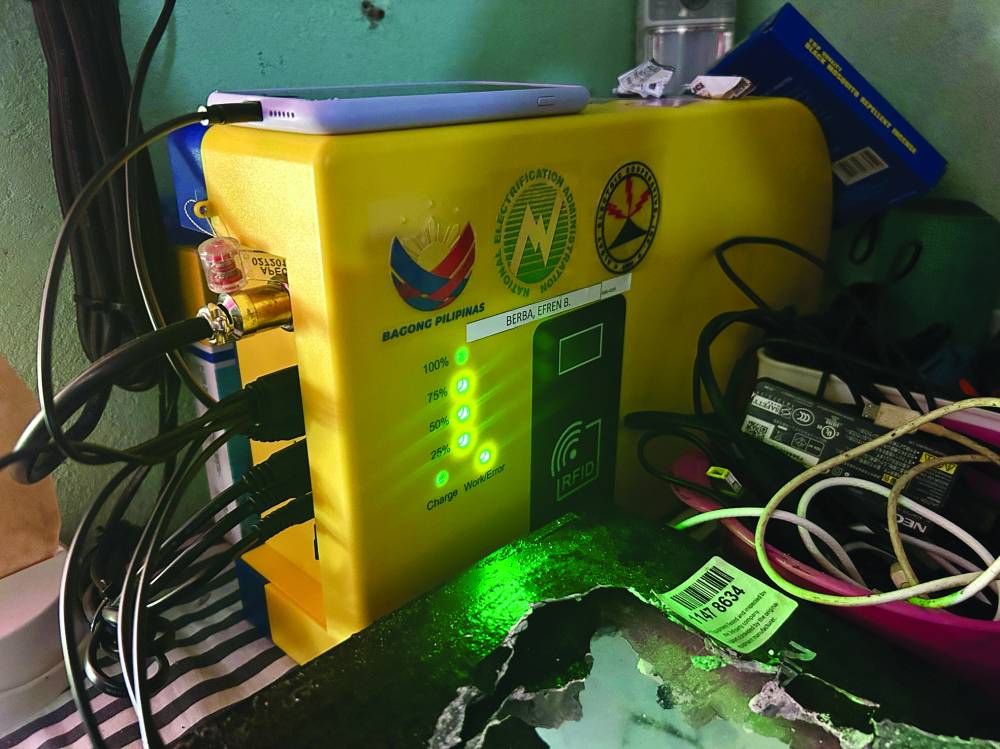
Engineer Emmanuel Jacob, chair of Aleco’s Solar Business Unit, expressed pride in the project’s impact.
“This initiative isn’t just about installing solar panels — it’s about bringing opportunity and growth to these communities. It’s about giving families the power to build a brighter future for themselves and their children,” Jacob said.
The project, according to local officials, brings the country a step closer to the government’s vision of ensuring that every Filipino household has access to clean, sustainable energy.
“The power of solar energy is changing lives. This project isn’t just about bringing light to homes—it’s about restoring dignity and hope to people who have lived in the dark for far too long,” Co said.

